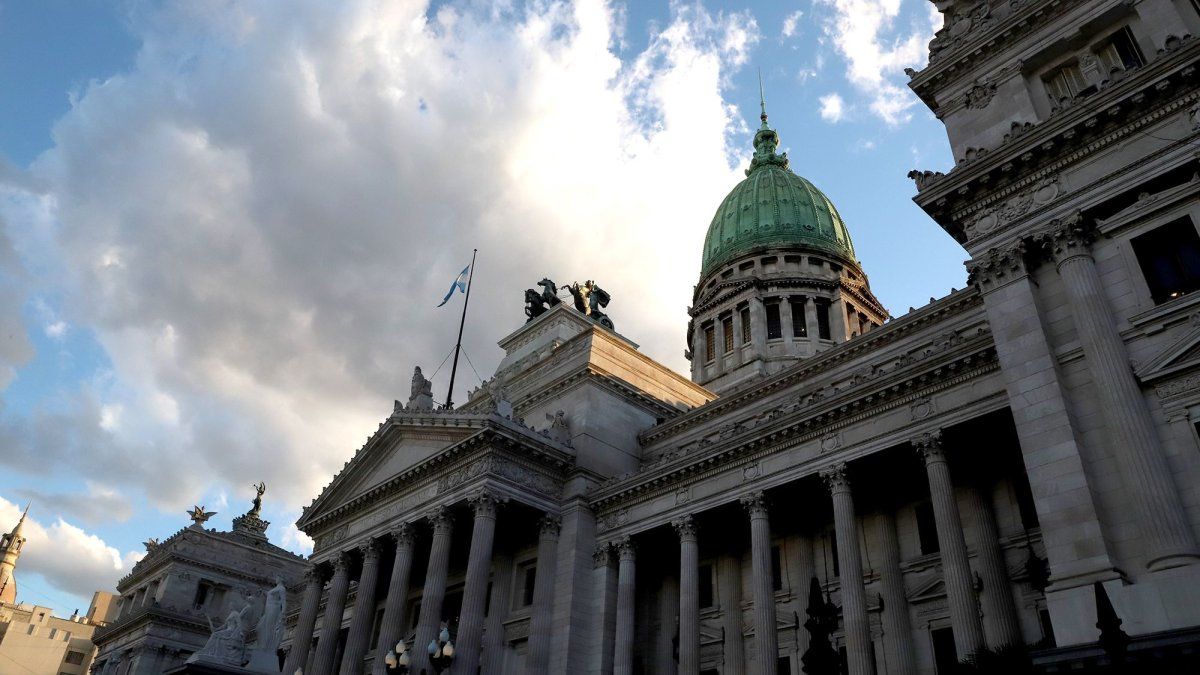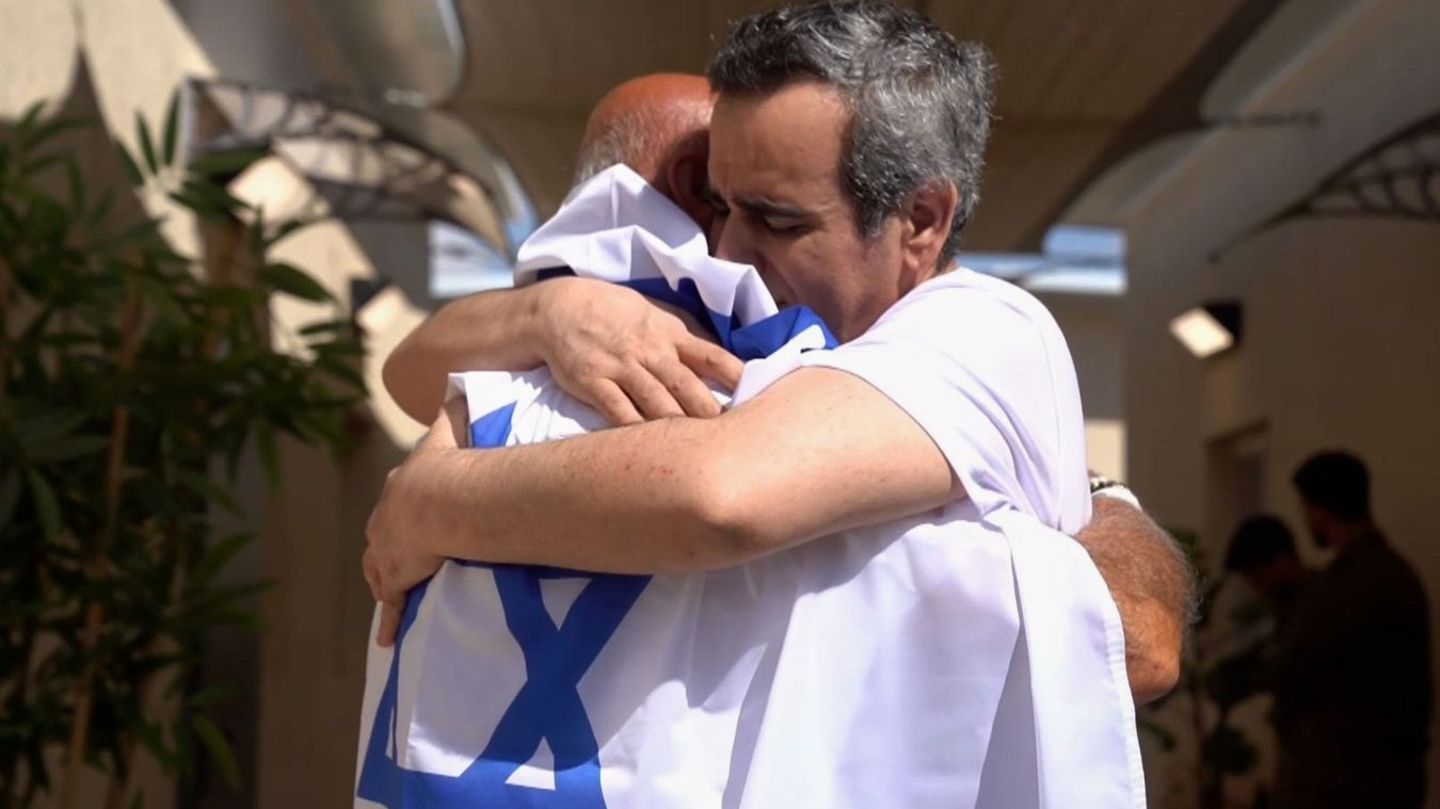Following the defeats suffered in Congress – rejection of funds for the SIDE, approval of a pension law later vetoed by the president Javier Milei-in The Executive Branch is working against the clock to regain the initiative in the legislative arena.
If there is time, the The Government plans to send a set of laws to Congress in the coming days, including the so-called “Leafara Law” project.
The “Leaf Law” will aim to remove “obsolete laws that represent risks to economic freedom, obstacles, or are simply obsolete – such as those that regulate pigeon racing, require impossible procedures, or promote pollution -”, as he pointed out Federico Sturzenegger, Minister of Deregulation and State Transformation, in public statements.
This official carried out an exhaustive review of the legislation and found all kinds of norms that were out of use or contrary to economic freedom, such as the power of the State to move a factory from one place to another.
Many regulations are anecdotal, such as the Backpacker Law, issued during the last presidency of Juan Domingo Peronas part of the fight against terrorism and which requires a license to travel on the roads.
Express divorce
In the same sense of facilitating the procedures, a bill will be sent to make the administrative divorce through a simple procedure at the civil registry -when there is mutual agreement and there are no children-. “If there are no disputes or children involved, the idea is that the divorce is also processed at the Civil Registry,” they explain.
Successions
The Government is also considering various initiatives to simplify the procedures for citizens. The other bill consists, as I anticipated, Scopein being able to carry out successions through the intervention of a notary.
The intention is to accelerate the patrimonial succession allowing the procedure to be carried out with the intervention of a notary and, in this way, relieving the burden on Justice.
Of course, whenever the parties agree, they will clarify this within the Government. The disputed successions will continue through the courts.
The cost may not be reduced, but, they argue, the process will be faster. Currently, a probate proceeding can take six months. If this change is approved, the process before a notary will be much more expeditious.
Educational reform
Another of the projects that the Executive Branch will submit to Parliament has to do with an educational reform. According to the Secretary of Education, Carlos Torrendell, to Scope “The fundamental aspect (of this initiative) is the career and the evaluation of teachers, and it is necessary to commit to the professionalization of teachers, and to do so, an evaluation aimed at improvement is necessary.”
Official sources acknowledge that when we talk about evaluation, many fears arise because it is identified with a grade, with punishment, with a penalty. “Here it is the other way around, it is about generating evaluation systems, quantitative, qualitative, so that we have information to be able to improve. In other words, to give you feedback, as we pedagogues would say,” says Torrendell.
The project will cover various aspects. Among them: the evaluation of teachers every four years and the possibility for universities to charge fees to non-resident foreign students.
Transport
Sturzenegger continues to work on the deregulation of air, sea and land transport, and particularly cargo.
The minister has his sights set on National License for Interjurisdictional Transportation (LiNTI)known as “Moyano Registry”, in reference to Hugo Moyanothe union leader who promoted the creation of the permit required to use a cargo vehicle in Argentina.
The regulation covers single-cab pickup trucks and assumes that they carry commercial cargo, even if their owner is a plumber who transports his tools or the vehicle is used in the field to transport supplies. The way that was found to avoid this License was the use of double-cab vehicles.
Recognition for Sturzenegger
Sturzenegger’s thorough work in reviewing the standards generates recognition within the national cabinet, since its task is to simplify the management of the entire administration.
The Government points out, meanwhile, that in the next few days two important chapters of the law will be finalized. law Bases: the modifications referred to Energy (the area secretary, Eduardo Rodriguez Cirillo is finalizing the details) and progress is being made in the labor reform.
Labor reform
“The expectation is that the regulations (of the labor reform) will come out this week,” he said on Monday in radio statements, the Secretary of Labor of the Nation, Julio Cordero. In this regard, he gave some details of the future regulations, namely:
- The increases, the fines, all the distorting things that had to do with litigation that have led to a standstill in work, production and employment are removed; what remains is severance pay.
- The compensation established in article 245 of the Employment Contract Law will be maintained, but a negotiable unemployment regime will be implemented in collective agreements.
- A system is established that is an unemployment system, which can establish, with the collective agreement – which is negotiated by the chambers and the unions – alternatives that may be better for the parties.
- If after the collective agreement is negotiated, the worker or employer does not want to adhere to the regime, they do not adhere and remain with the compensation established in the employment contract.
For his part, days ago Sturzenegger explained that “The most interesting thing about the labor reform is an article that bears the cessation systemwhich will allow you as entrepreneurs to design your own reform. They will be able to design the employment relationship in terms of permanence, dismissals, etc.. You will be able to do this together with the unions. In this way, you will be able to separate yourself from the compensation chapter of the employment contract law and invent it together.”
Source: Ambito




